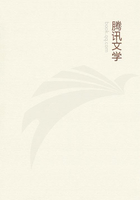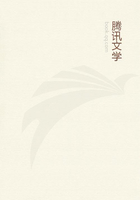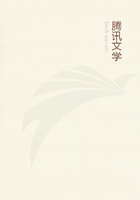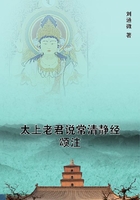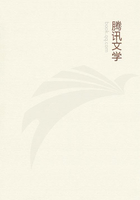One hypothesis is, that Machiavelli intended to practice on the young Lorenzo de' Medici a fraud similar to that which Sunderland is said to have employed against our James II, and that he urged his pupil to violent and perfidious measures, as the surest means of accelerating the moment of deliverance and revenge. Another supposition, which Lord Bacon seems to countenance, is that the treatise was merely a piece of grave irony, intended to warn nations against the arts of ambitious men. It would be easy to show that neither of these solutions is consistent with many passages in "The Prince" itself.
But the most decisive refutation is that which is furnished by the other works of Machiavelli. In all the writings which he gave to the public, and in all those which the research of editors has, in the course of three centuries, discovered; in his comedies, designed for the entertainment of the multitude; in his "Comments on Livy," intended for the perusal of the most enthusiastic patriots of Florence; in his history, inscribed to one of the most amiable and estimable of the popes; in his public despatches; in his private memoranda - the same obliquity of moral principle for which "The Prince" is so severely censured is more or less discernible. We doubt whether it would be possible to find, in all the many volumes of his compositions, a single expression indicating that dissimulation and treachery had ever struck him as discreditable.
After this, it may seem ridiculous to say that we are acquainted with few writings which exhibit so much elevation of sentiment, so pure and warm a zeal for the public good, or so just a view of the duties and rights of citizens, as those of Machiavelli. Yet so it is. And even from "The Prince" itself we could select many passages in support of this remark. To a reader of our age and country, this inconsistency is, at first, perfectly bewildering.
The whole man seems to be an enigma, a grotesque assemblage of incongruous qualities, selfishness and generosity, cruelty and benevolence, craft and simplicity, abject villany and romantic heroism. One sentence is such as a veteran diplomatist would scarcely write in cipher for the direction of his most confidential spy: the next seems to be extracted from a theme composed by an ardent school-boy on the death of Leonidas. An act of dexterous perfidy and an act of patriotic self-devotion call forth the same kind and the same degree of respectful admiration. The moral sensibility of the writer seems at once to be morbidly obtuse and morbidly acute. Two characters altogether dissimilar are united in him. They are not merely joined, but interwoven.
They are the warp and the woof of his mind; and their combination, like that of the variegated threads in shot silk, gives to the whole texture a glancing and ever-changing appearance. The explanation might have been easy if he had been a very weak or a very affected man. But he was evidently neither the one nor the other. His works prove, beyond all contradiction, that his understanding was strong, his taste pure, and his sense of the ridiculous exquisitely keen.
This is strange, and yet the strangest is behind. There is no reason whatever to think that those amongst whom he lived saw anything shocking or incongruous in his writings. Abundant proofs remain of the high estimation in which both his works and his person were held by the most respectable among his contemporaries. Clement VII patronized the publication of those very books which the Council of Trent, in the following generation, pronounced unfit for the perusal of Christians. Some members of the democratical party censured the secretary for dedicating "The Prince" to a patron who bore the unpopular name of Medici. But, to those immoral doctrines which have since called forth such severe reprehensions no exception appears to have been taken.
The cry against them was first raised beyond the Alps, and seems to have been heard with amazement in Italy. The earliest assailant, as far as we are aware, was a countryman of our own, Cardinal Pole. The author of the "Anti-Machiavelli" was a French Protestant.
It is, therefore, in the state of moral feeling among the Italians of those times that we must seek for the real explanation of what seems most mysterious in the life and writings of this remarkable man. As this is a subject which suggests many interesting considerations, both political and metaphysical, we shall make no apology for discussing it at some length.
During the gloomy and disastrous centuries which followed the downfall of the Roman Empire, Italy had preserved, in a far greater degree than any other part of western Europe, the traces of ancient civilization. The night which descended upon her was the night of an Arctic summer. The dawn began to reappear before the last reflection of the preceding sunset had faded from the horizon. It was in the time of the French Merovingians and of the Saxon Heptarchy that ignorance and ferocity seemed to have done their worst.
Yet even then the Neapolitan provinces, recognizing the authority of the Eastern Empire, preserved something of Eastern knowledge and refinement. Rome, protected by the sacred character of her pontiffs, enjoyed at least comparative security and repose. Even in those regions where the sanguinary Lombards had fixed their monarchy, there was incomparably more of wealth, of information, of physical comfort, and of social order, than could be found in Gaul, Britain, or Germany.

